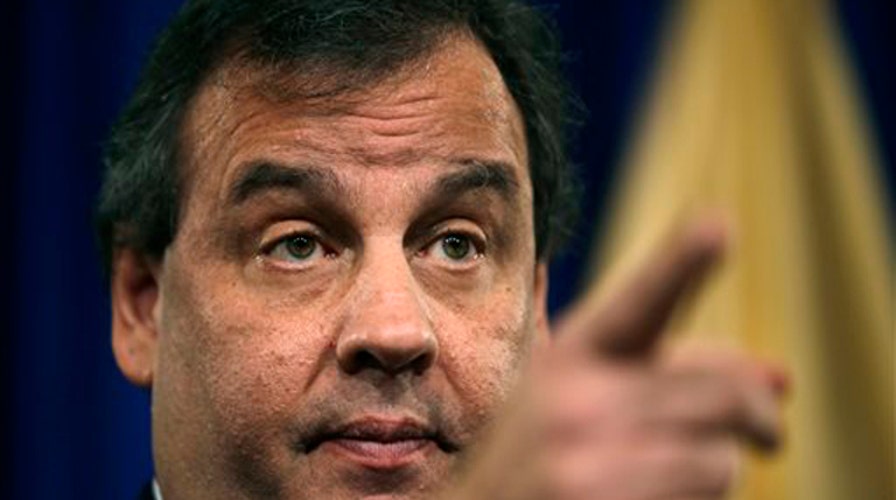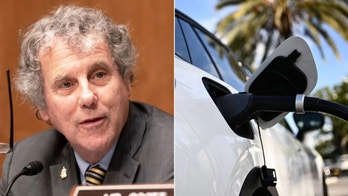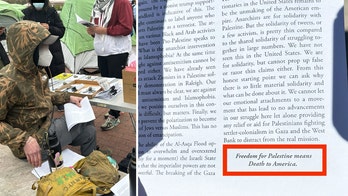Did Christie approach the bridge scandal like a leader?
Reps. Grimm, Garamendi debate how N.J. governor is holding people accountable
We’ve gone from the Christie-employs-idiots phase to the Christie-better-not-by-lying phase to the Christie-is-a-bully phase to something far more fundamental:
At what point does the practice of politics become improper?
It’s clear in the wake of the George Washington Bridge fiasco that Chris Christie’s entire administration is coming under harsh journalistic scrutiny.
You can blame this on the liberal media—MSNBC has been devoting entire hours to smacking the Republican governor—but it also is part of the essential rhythm of scandal coverage.
First, the press vacuums up everything it can about the central controversy. Thus, the Wall Street Journal: “Gov. Chris Christie was with the official who arranged the closure of local lanes leading to the George Washington Bridge on Sept. 11, 2013 — the third day of the closures, and well after they had triggered outrage from local officials beset by heavy traffic.” Meaning: Can Christie’s protestations of ignorance really be believed?
Next, the media examine whether the official’s personality is to blame. Thus, all those stories about Christie, previously hailed for his blunt style, is a playground bully.
The equivalent for the president was after the NSA and ObamaCare scandals, when the media relentlessly questioned why he didn’t know what was going on in his administration—and whether his hands-off style was to blame for excessive surveillance and a dysfunctional health website.
Finally, when the flood of fresh revelations slows to a trickle, comes the most basic question: Is there something toxic about the way he conducts his office?
Which brings us to Steven Fulop.
He’s the Democratic mayor of Jersey City. He was courted by the governor while Christie was running for reelection. The New York Times recounts what happened next:
“Mr. Christie called him the night he won. The next morning, according to records, Mr. Christie’s campaign manager, Bill Stepien, texted Mr. Fulop to say the Christie administration would do as much as Mr. Fulop wanted to get help from the administration.
“Mr. Christie’s office then set up a full day of meetings, and scheduled appointments with commissioners or heads of six different administration agencies, including transportation, economic development, the state treasurer and the commissioner of community affairs — the government official who handles state aid to municipalities, among other matters. Meetings were also set up with the director of Hurricane Sandy recovery and Bill Baroni, the governor’s top appointee at the Port Authority of New York and New Jersey, who resigned as the bridge scandal began to heat up last month. Emails indicate that the Christie administration planned to send staff members from the governor’s office as well.”
Then Fulop declined to endorse the governor, and boom! All the meetings were canceled, one by one. And the mayor couldn’t get his emails returned.
Two Democratic mayors who did back Christie got millions of dollars in Port Authority grants; Jersey City, the state’s second-largest city, got squat.
Now if politicians want to diss each other over lack of support, that’s the way the game is played. But if the folks in Jersey City got screwed as a result, as the people of Fort Lee did during the bridge chaos, that’s newsworthy.
Christie tried to move on in his State of the State yesterday, saying at the top that he wanted to "ensure that this breach of trust does not happen again" before laying out his agenda.
The question for Christie, and the media, is at what point the daily drubbing becomes overkill and fundamentally unfair. The guy did, after all, just win reelection in a landslide—although that makes his aides’ hardball tactics that much harder to understand.
Top Twitter Talk





